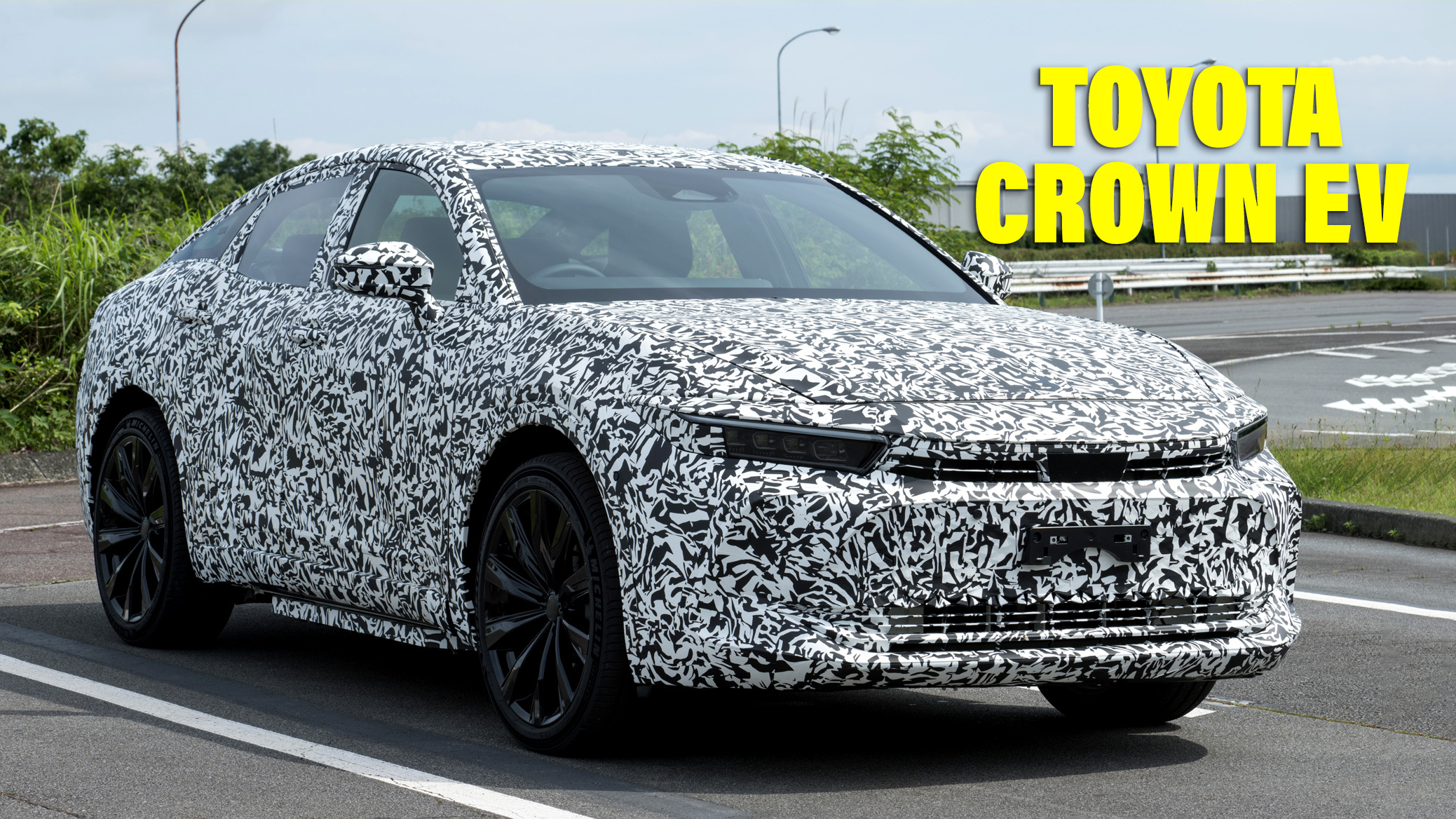The problem with fighting lithium-ion battery fires is that few people know how to do it. Drowning them with water is actually a poor method. The lithium-ion battery industry, as well as the EV industry, needs to do a better job educating firefighters and possibly help distribute the correct kinds of extinguishers.Anybody else here with a firefighting background? Electric car fires are absolute nightmares at the moment and I don’t see that changing. It’s all fun and games until we have to dig holes in the infields to put the cars in and flood them
Sent from my iPhone using Tapatalk
Lithium-ion batteries contain salts that are self-oxidizing. That means, unlike many other materials, they do not need oxygen from the air to keep them burning - they generate their own oxygen. So smothering them is not sufficient. Lithium-ion batteries burn at a high enough temperature to start and maintain the chemical reaction that causes self-oxidizing. Firefighters must cool these batteries below that temperature. This is why lithium-ion battery fires that appear to be out can reignite even hours later.
In some cases water can actually make the fire worse. Lithium-ion fires can be hot enough to break water down into its components (hydrogen and oxygen) which in turn becomes more fuel for a fire. Generally this does not happen as massive amounts of water are applied (such as from a fire hose) because the water pressure washes away the vapors as they are created. But water that seeps into the battery compartment is vulnerable - particularly when the fire is thought to be out but the batteries are still very hot.
Dry chemical and CO2 extinguishers seem to work the best. The main thing is to get the batteries cooled off quickly and thoroughly. The water used against most fires, typically around ambient temperature, is not cold enough. Smothering blankets can only contain the fire to the battery space - they cannot extinguish the fire, they may only keep it contained to a particular space until the batteries run out of self-oxidizing material.
There are companies working on better methods and materials for extinguishing lithium-ion fires, but they are not publicly well-known yet. I suspect that this technology will improve as EV technology in general improves. Hopefully our fire fighters will get the training and materials they need.
By the way, lithium-ion battery technology is facing competitive battery chemistry technologies that may replace them. Many of these new technologies have less threat of catching fire and can be easier to extinguish.






